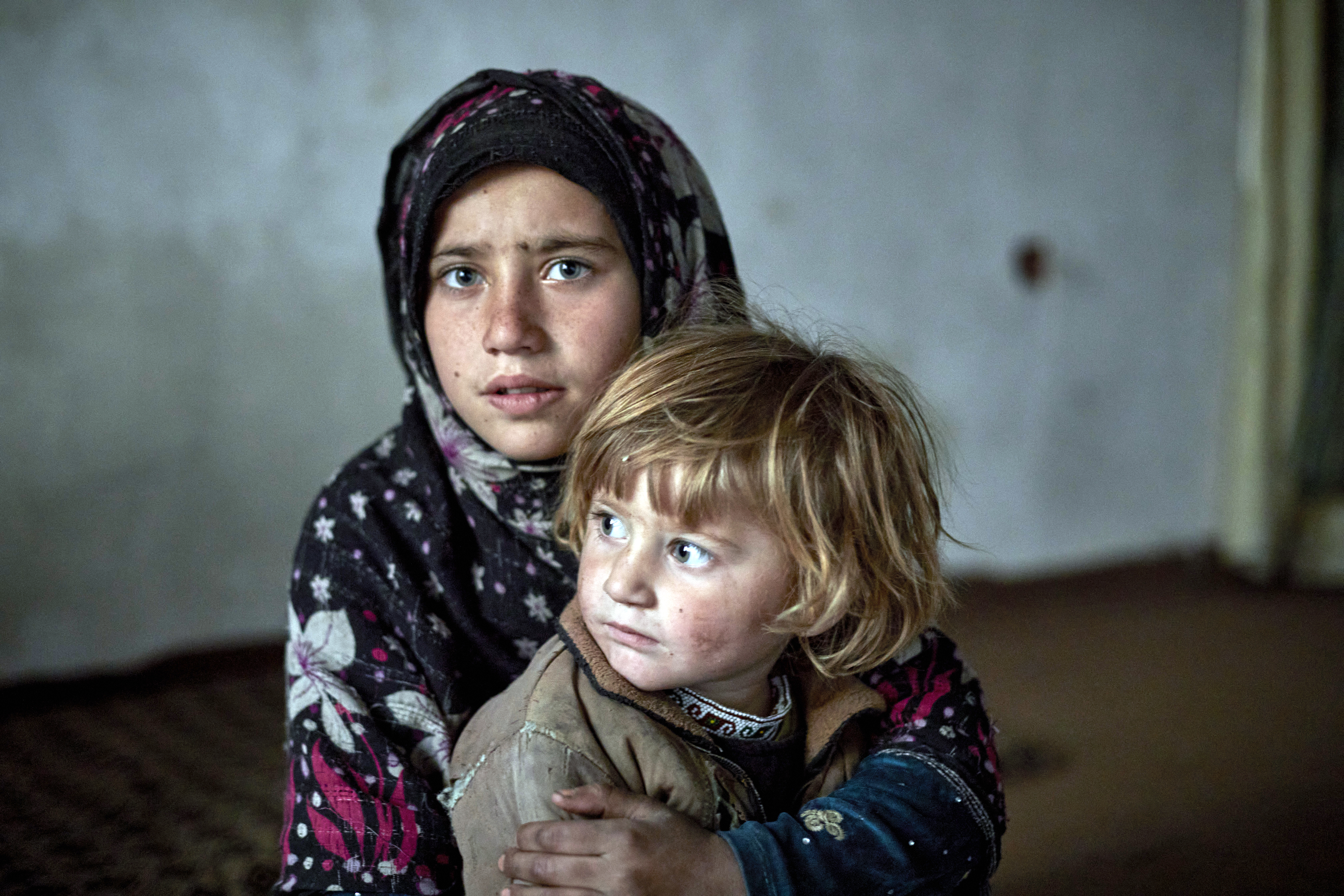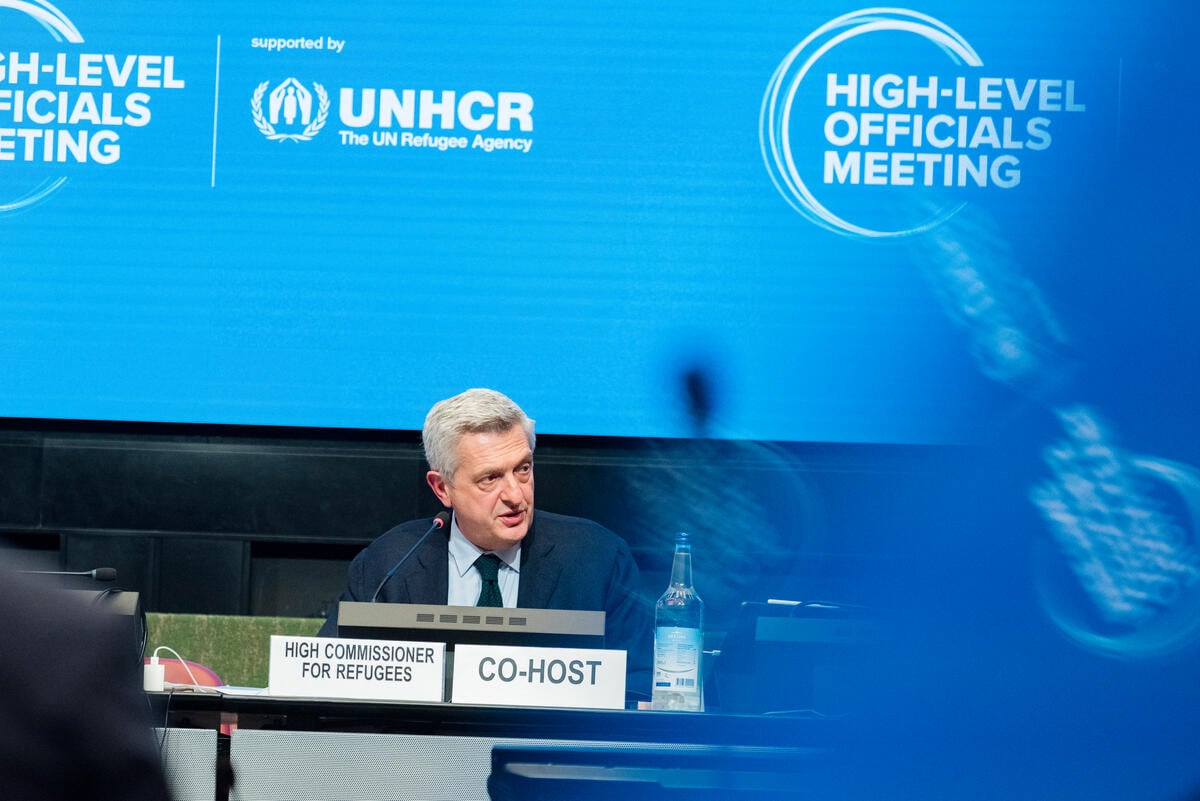Iranian Kurd refugees - different destinies and destinations
Iranian Kurd refugees - different destinies and destinations

GENEVA, Nov 26 (UNHCR) - Thirteen Iranian Kurd refugee families have arrived in northern Iraq after fleeing central Iraq's Al Tash camp last week, but the fate of some 1,400 others on the run and another 2,800 who remain at the camp is still unknown. Meanwhile, a separate group of Iranian Kurds has been resettled to Sweden.
Until recently, Al Tash camp, located near Ramadi about 50 km from Fallujah, hosted nearly 4,200 Iranian Kurd refugees. Last week, 1,400 of them fled the camp after generalised fighting around Ramadi, including an attack by armed men against the police post inside the camp.
"UNHCR, which has no staff on the ground, has been informed by our implementing partner in Al Tash that access to the camp is currently not possible because of the very difficult security conditions in the area," said UNHCR spokeswoman Jennifer Pagonis at a news briefing in Geneva on Friday.
The police station is now empty, and there is no one to provide security for the remaining 2,800 refugees believed to be still in Al Tash. Furthermore, these refugees will not have received their monthly food ration since the public distribution system, which targets both Iraqis and refugees in the area, has broken down because of the fighting.
"This is an extremely serious situation, and UNHCR is working with its implementing partner to find a way of accessing the camp as a matter of urgency," said Pagonis.

She noted that 13 families out of the 1,400 who fled the camp have arrived in Sulaymaniyah in northern Iraq, where a UNHCR Iraqi staff member is interviewing them to determine what happened in Al Tash and what their current needs are. The fate of the others who fled the camp is unknown.
Meanwhile, another group of Iranian Kurd refugees who had fled Iraq during the conflict of spring 2003 and spent the last year and half in the no man's land between Iraq and Jordan have left Amman for a new life in Sweden. A total of 202 refugees flew out of the Jordanian capital on Wednesday, while another 182 are scheduled to leave early next month.
"However, there are still almost 650 people stuck in no man's land, and UNHCR continues to advocate and lobby for resettlement for this group," said Pagonis.








